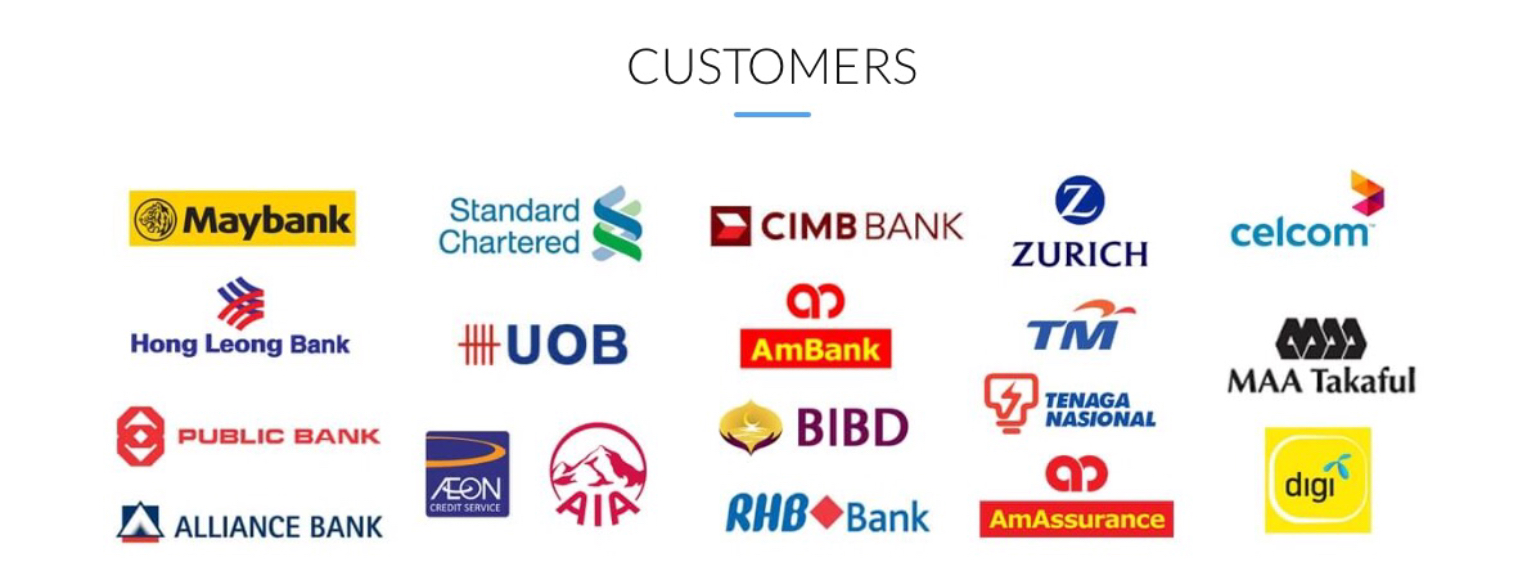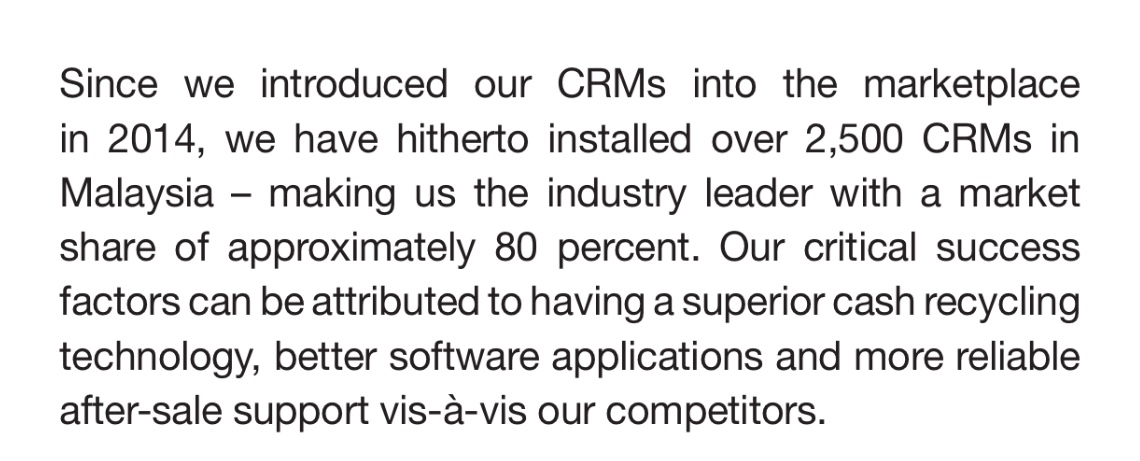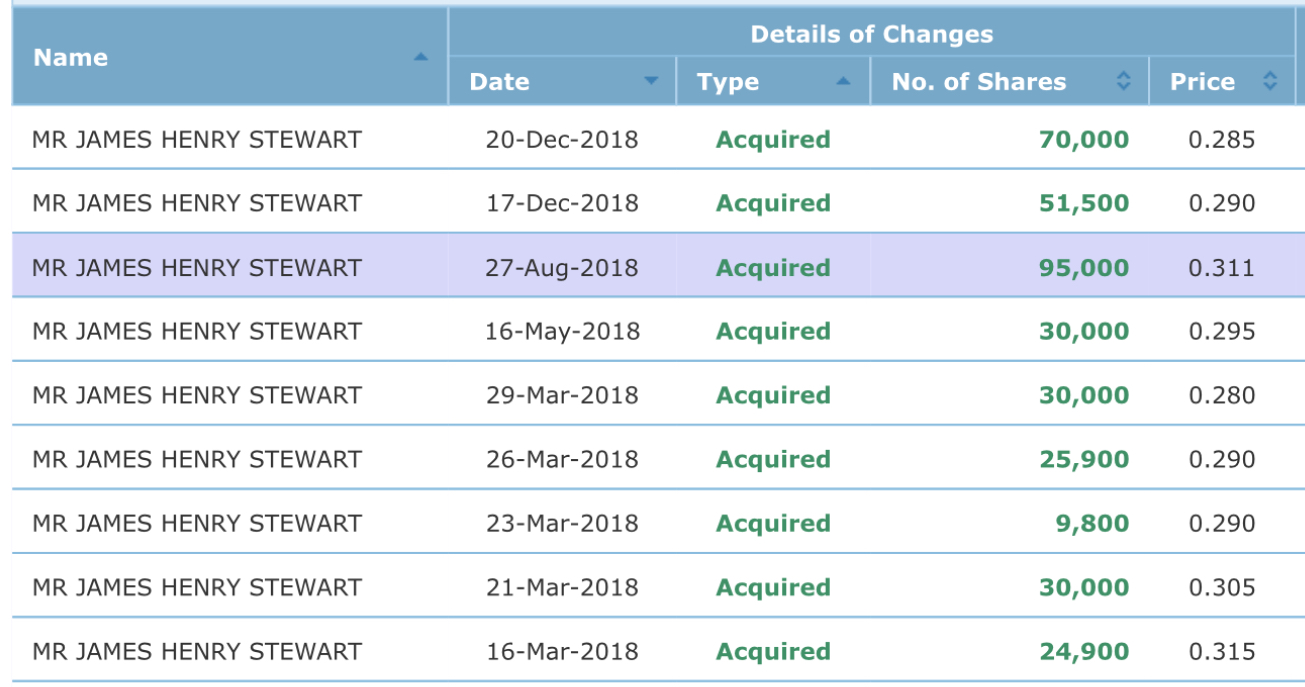With a market capitalisation of RM95
million, OpenSys (M) Bhd is a micro-cap company with a still small but
rapidly growing revenue base that is off the radar screen of most
institutional investors. The MSC-status company specialises in providing
cash and non-cash payment processing solutions, including the
distribution and rental of bill payment kiosks, cash recycling machines
(CRM) and cheque deposit machines (CDM) as well as cheque processing
services.
OpenSys was founded in 1995 by two former
employees of the US-listed NCR Corp. Drawing on the duo’s past
relationship with NCR, OpenSys started out with a three-year contract
from the American company to serve its customers in Malaysia. Following
its successful development of non-cash efficient service machines (ESM)
for bank branches in 2001, OpenSys rapidly expanded its client base in
the industry in the following years and was listed on the ACE Market in
2004.
Since then, its net profit has been on a
tear while revenue more than tripled from RM20.3 million to RM72.5
million over 12 years. The better economies of scale, coupled with
improving margins, also helped propel its return on equity (ROE) by an
impressive 16 percentage points to 18.4%.
Today, the company counts among its
clients all major banks in the country, such as Maybank, Public Bank,
Hong Leong Bank and United Overseas Bank, and insurance and
telecommunications companies.

Banking on dual-function machines
Weaker margins notwithstanding, the
hardware segment has now overtaken the software and services business as
the larger revenue contributor, bringing in 60% of total sales in
FY2017. This was mostly due to the continued market acceptance of its
CRM and it is not hard to see why this trend is catching on in the
banking industry.
Combining cash-dispensing and cash
deposit ATMs into dual-function machines, CRM help banks to save up to
25% to 30% in capital expenditure and operating cost in cash
maintenance, cash handling and space rental. Besides higher cost
efficiency, CRM also have lower downtimes compared with the traditional
single-function ATMs due to the automatic recycling of cash in the
machines.
At the company’s extraordinary general
meeting last October, co-founder-cum-CEO Tan Kee Chung — also OpenSys’
largest shareholder with 21.2% equity interest — said he was optimistic
of growth prospects as there was a huge opportunity to expand its market
share.
He added that there were about 17,000
ATMs in Malaysia with an annual growth rate of about 5% while the
penetration rate of CRM stood at a mere 4% of the installed base. “Just
based on replacement alone, that is already a huge market,” he
concluded.
In line with the cash recycling trend
worldwide, OpenSys partnered Japan’s OKI Electric in 2013 to supply and
provide maintenance services for CRMs in Malaysia. In 2014, it secured
orders for several hundred CRM from two major banks in Malaysia worth
over RM20 million.
OpenSys says in its latest annual report
that the other banks in Malaysia have taken notice of the successful
deployment of CRM in the two banks. To maintain their competitiveness,
OpenSys noted that several banks had since expedited their CRM strategy
by commissioning customer trials with OpenSys/OKI in 2015.
With regard to
claims that Bank Negara Malaysia’s various initiatives and long-term
trend to migrate to a cashless society will render its business model
unsustainable, OpenSys countered that cash was still the preferred
payment mode and that the number of currency notes in circulation will
continue to grow.

According to Bank
Negara’s Financial Stability and Payment Systems Report 2015, ATM
transaction volume still grew at a CAGR of 6.7% in the past five years,
albeit much lower than a CAGR of 22.9% for transaction volume carried
via internet banking.
Accounting for 70% of gross profit in
2017, OpenSys’ SSS segment includes the provision of bill payment and
cheque processing solutions. For the former, OpenSys manages the whole
infrastructure (both hardware and software) of bill payment kiosks on
behalf of utility, insurance and telecoms companies in Malaysia. In
return, OpenSys charges a fee for each payment transaction performed,
resulting in steady recurring income for the company.
For cheque processing solutions, OpenSys
is the market leader in cheque-deposit machines and image-based cheque
processing systems in Malaysia, commanding a hefty 85% of the market in
local self-service machines. Commenting on the structural decline in
cheque usage, the company said it would also gain if banks started to
outsource the processing of cheques to third parties. OpenSys already
has a track record in providing cheque-clearing services to the
country’s largest bank in Malaysia.
Cheap valuation
Despite the high growth in earnings,
shares of this low-profile company have been range-bound, trading
between 26 sen and 37.5 sen over the past year. As a result, its
trailing 12-month PE compressed from 19.7 times in 2014 to 15.6 times in
2015 and 13.3 times in 2017 and further to 9.7 times.
Its valuation appears comparatively cheap
compared with its ACE Market-listed peers, such as Rexit Bhd (14.7
times), Microlink Solutions Bhd (N.A. lossmaking), Excel Force MSC Bhd
(31.6 times) and GHL Systems Bhd (54.5 times).
OpenSys has consistently paid a dividend
of one sen per share in the past five years, translating into a decent
yield of 3.1%. Thanks to net profit growth, the dividend payout ratio
had also dropped from 89.7% in 2010 to 44.4% in 2017. Coupled with its
low capex requirements, this gives management plenty of room to increase
dividends in the future.
44.44% Trailing 4Q earnings growth.

(Click to enlarge)
CAGR of close to 40 percent
CRMs
are dual-function machines that merge the cash dispensing functions of
ATMs and the cash deposit functions of CDMs. CRMs accept cash from
depositors and dispense them to withdrawers, so cash is essentially
‘recycled’. Banks are benefitting from the cost- effectiveness of CRMs
in areas of cost of ownership, lower cash holding and reduction in cash
handling cost. Banks can typically save between 25 to 30 percent in both
capital expenditure and annual operational costs.
These
significant savings have been a major driving factor for banks to
undertake major fleet replacement and consolidation, resulting in the
exponential growth of CRMs. In the last five years, the total number of
CRMs in the market has grown exponentially with a Compound Annual Growth
Rate (CAGR) of close to 40 percent.

Source: Annual report
Opensys Chairman accumulating shares in open market.

Source
https://klse.i3investor.com/blogs/Amazinggrowth/191559.jsp

